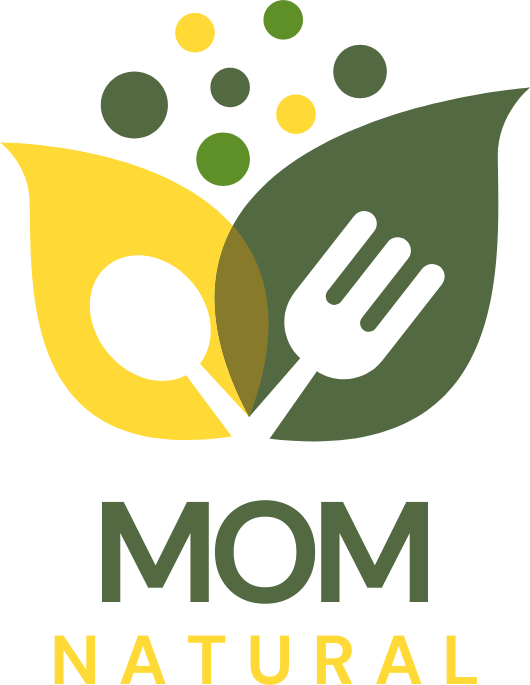Boosting Early Language Development in Babies
Parenting is a journey with numerous developmental milestones for your little one. Among the most vital phases is early language development, which sets the foundation for a child’s communication skills. This article provides insightful baby talking techniques and engaging activities that accelerate this process.
Importance of Early Language Development
A child’s initial years are the most critical for language acquisition. Linguistic skills obtained during this time significantly affect their social interactions, cognitive development, and academic achievement in the future. As a result, it is essential for parents to provide an environment that fosters language growth.
Engaging Activities to Encourage Baby Talking
Interactive games and activities serve as excellent tools to nurture a baby’s budding speech and language capability. They make learning fun, stimulating, and more manageable for the infant. Here are a few recommended ones:
- Peekaboo: This classic game can be a powerful tool for language stimulation. Each time you hide your face and then reappear, say “peekaboo” or your baby’s name. It provides an opportunity for them to learn the flow of conversation turns and familiar sounds.
- Narrate Daily Activities: Talking to your baby throughout the day about your actions helps them associate words with activities and objects. For example, you can describe the process of changing their diaper or preparing their meal.
- Read Aloud: Age-appropriate books are perfect for early language development. The colorful pictures help grab attention while your narration aids language comprehension. You can take it to the next level by asking them questions about the book, as suggested on Mom-Natural.
- Sing Songs and Rhymes: Music and rhymes contribute immensely to language acquisition. The rhythm, repetition, and melody make it easier for your baby to remember words and mimic sounds.
Speech Tips for Enhancing Early Language Development
While integrating these engaging activities, consider incorporating these speech tips to optimize your baby’s language development:
- Respond to Babbling: When your baby babbles, respond as if they are talking to you. This interaction encourages them to keep making sounds and eventually form words.
- Use Simple Words: Use simple and clear language when speaking to your baby. Speak slowly and emphasize key words to facilitate understanding.
- Use Gestures: Pairing words with gestures helps your baby understand the meaning of words. For example, wave when saying “bye-bye”.
- Encourage Imitation: Once your baby starts making sounds, encourage them to imitate you. You can do this by repeating the sounds they make and introducing new ones for them to copy.
Remember, every child develops at their own pace, especially when it comes to language acquisition. Experts at Speech Blubs advise patience and consistency when employing these baby talking techniques and engaging activities.
Key to nurturing your child’s language skills is creating a rich language environment and providing opportunities for them to hear and practice their developing vocabulary. For some further reading on this topic, consider checking out Mom-Natural’s approach to mindful parenting.
How to Create a Language-Rich Environment?
Creating a language-rich environment surrounds your baby with meaningful language modeling and input. Here are some tips you can follow:
- Talk Frequently: Babies learn by observing and listening. Thus, more you talk to them, the more words they are exposed to. It is not always about teaching specific words, but rather having an open conversation with them.
- Provide Detailed Descriptions: Describe what you see around you to help your baby understand their world and learn new words. You can talk about the colors, shapes, or sounds of toys or describe what’s happening at the park.
- Use Variety in Your Language: Using a variety of words and phrases helps to enrich your baby’s vocabulary. So, while referring to a fruit like apple, sometimes call it juicy apple, or sweet apple, or red apple.
- Encourage Interaction: Use each talk as an opportunity for interaction. Whether pointing at the sky, interacting with other children, or while reading a book, involve your baby by asking questions, making them repeat actions or sounds, or simply talking about what is happening.
Interested in more advice on language growth? Visit sites like parentsinc.org for more detailed guides.
Activities with Everyday Items for Early Language Development
Ordinary household items can be used to stimulate your baby’s language development. Here are a few ideas to get started:
- Sensory Bins: You can use a simple container filled with different materials, such as rice or pasta, for your baby to explore. Talk about what they are feeling – is it smooth, rough, hard, or soft? This can help them learn sensory vocabulary.
- Mirror Play: Reflective surfaces like mirrors can be used to play imitation games and help your baby learn about body parts. When you point to your nose and say ‘nose’, your baby will eventually make the connection.
- Musical Instruments: Make homemade musical instruments with containers and wander around the house playing them. Describing the sounds each instrument makes can aid in auditory development and language learning.
In addition to these, refer to Expressable’s list for more engaging activities.
Other Factors Influencing Language Development
Maintaining your child’s overall health can enhance their language learning journey:
- Balanced Nutrition: For optimal brain development and functioning, ensure your baby has a diet rich in key nutrients like omega-3 fatty acids, iron, and vitamins.
- Physical Activity: Keeping your baby physically active helps in motor skill development, which indirectly supports language development as language and motor skills are closely intertwined.
- Regular Health Check-ups: Regular visits to the pediatrician are essential to monitor your baby’s development and address any concerns promptly.
For parents interested in more social games for babies and toddlers, Teachmetotalk offers a variety of games that can boost language acquisition.
Embracing Technology for Language Development
In this digital age, you can use technology as a tool for language development. Educational apps and digital storybooks introduce your toddler to a rich vocabulary and complex sentence structures.
Visiting online resources, such as zerotothree.org, can equip parents with new strategies to support their baby’s early language and literacy skills.

